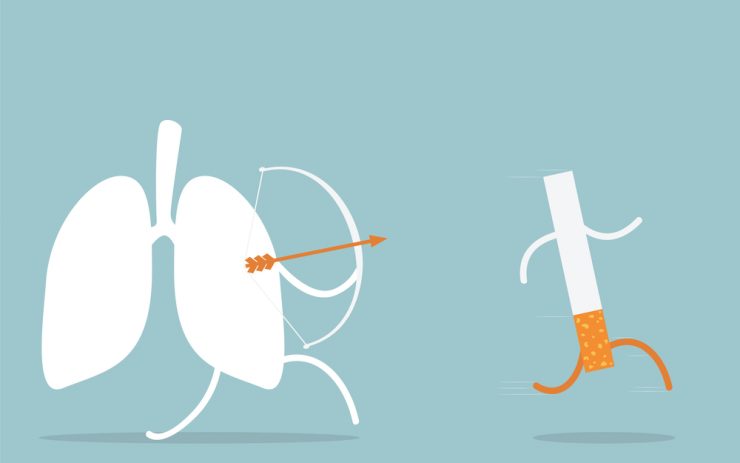A study by the United States Department of Labour lists smoking as one of the leading causes of reduced productivity. For this reason, along with the proven health benefits of reducing exposure to second-hand smoke, many companies are opting to eliminate smoking from the workplace.
Workers that smoke are usually more insistent about taking regularly scheduled breaks. In some industries, such as the food service industry, business volume may dictate when breaks can be taken. In this case, smokers may have to wait to smoke and some may become so desperate for a cigarette that they sneak off to have one.
When the worker has to wait for a smoke, he/ she may become irritated, which will be noticeable to customers or clients. This may lead to a decrease in sales, which equals a decrease in income, which can eventually lead to layoffs or reduced hours for the employees.
If the worker sneaks off to smoke, this takes time away from job duties. As a result of this, the other employees have to pick up that persons slack or else the overall production of the business will suffer.
On average, smokers have more health problems than non-smokers. This means more trips to the doctor’s office, which, in most cases, is time away from work. While this directly affects workplace productivity, it also affects profit margins for the business, as the insurance rates are usually higher for policies that include a smoker. This can adversely affect company funds or the other employees’ money, depending on who pays for insurance benefits.













